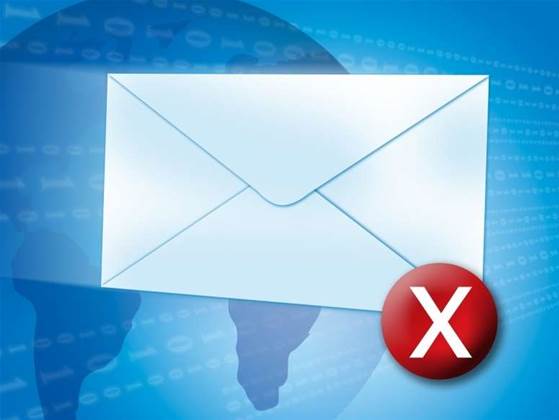
The rise continues the trend of the last two years.
"Botnets continue to proliferate and are by far the dominant source of spam," said Gerry Tucker, regional head for Proofpoint in APAC.
"The Storm botnet, already the largest network of compromised machines in history, doubled in size during the holiday season alone,” said Tucker.
The massive computing power and network resources associated with these botnets allow spammers and scammers to constantly increase the aggressiveness and scale of their attacks, he added.
Furthermore, the large numbers of new Internet users coming online across the world are fueling the growth of botnets.
“The high volumes of email associated with today's spam attacks can escalate the number of inbound messages between 500 percent and 700 percent within a period of hours. This sudden, exponential growth in spam volumes can easily strain IT network infrastructure to the point of failure,” said Tucker.
Meanwhile, McAfee announced the launch of its global S.P.A.M. (Spammed Persistently All Month) Experiment today that intends to highlight the link between spam and cybercrime.
For 30 days, participants from around the world have been provided with a clean laptop without spam protection and a new email address to make online purchases and register for promotions.
“Spam isn’t just a nuisance. It’s a tool used by cyber criminals to steal personal and business data,” said Christopher Bolin, chief technology officer for McAfee. “As scammers become more adept at writing spam in local languages it’s becoming more difficult for Internet users to detect spam. It’s vital that computer users understand the risks of leaving their computers unprotected.”
Participants will blog about their experiences daily at www.mcafeespamexperiment.com


_(20).jpg&h=140&w=231&c=1&s=0)
.png&h=140&w=231&c=1&s=0)

_(28).jpg&h=140&w=231&c=1&s=0)





 iTnews Benchmark Awards 2026
iTnews Benchmark Awards 2026
 iTnews Executive Retreat - Security Leaders Edition
iTnews Executive Retreat - Security Leaders Edition
 iTnews Cloud Covered Breakfast Summit
iTnews Cloud Covered Breakfast Summit
 The 2026 iAwards
The 2026 iAwards












_(1).jpg&h=140&w=231&c=1&s=0)



